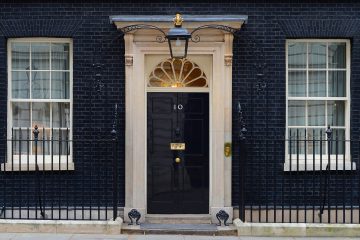
The optics of a cabinet reshuffle: PR vs reality
Reshuffles are a chance to revive the fortunes of a Prime Minister by changing the faces of their Cabinet and Government. January’s offered much but delivered less; the occupants of key Cabinet positions remained in place after all. May’s big beasts stood their ground, seemingly immovable; Justine Greening was the most prominent and the only woman to exit the Cabinet. The optics of Theresa May’s reshuffle became, at this point, about increasing diversity. But this neither told the real diversity story of the reshuffle, nor made an adequate case for diversity in the executive. Increasing diversity in their Cabinets appears to be of increasing importance to leaders and has been shown to have beneficial impacts on both policy outcomes and …
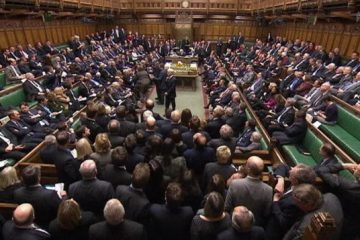
Brexit from the back benches: have the whips become the straw men of British politics?
The liberal philosopher A.C. Grayling is one of the foremost opponents of Brexit. No doubt he salutes the bravery of those Tory MPs dubbed ‘mutineers’ by the Daily Telegraph when they brought about Theresa May’s first Commons defeat as they supported an amendment to her EU withdrawal bill to give Parliament a legal guarantee of a vote on the final Brexit deal”. These Tory MPs defied the so-called ‘party whip’. Whips are MPs appointed by parties in Parliament to do what they can to make sure party members vote the way the party wants. Grayling is not a fan of the whipping system in general: he regards whipping as ‘undemocratic’, and he connects it to increasing levels of mistrust in MPs and …
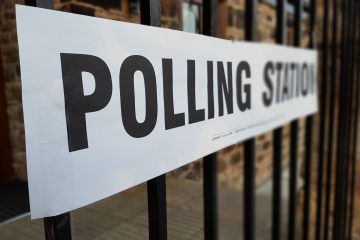
General election 2017: votes from anywhere
Some six months before Theresa May called a surprise general election, The Road to Somewhere was published. In it, David Goodhart argues that the old political divide, between left-wingers and right-wingers, has been superseded. The electorate, Goodhart claims, is now better divided between “anywheres” and “somewheres”. Peter Wiggins looks at the Goodhart argument in the context of the 2017 general election. Of “Anywheres”, “Somewheres” and “Inbetweeners” According to The Road to Somewhere, roughly 25% of the population are “anywheres” – they are mobile, metropolitan, liberal, tolerant, at home wherever they may be, and wary of group attachment. These voters are likely to be highly educated, and they tend to approve of “mass immigration,” subscribing, as Goodhart puts it, to “progressive …
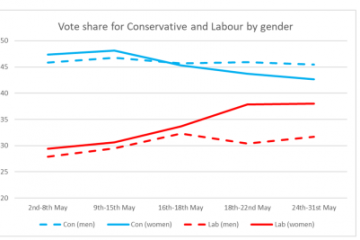
Labour Poll Surge Thanks To Not Just Younger, But Also Older Women
Coverage of recent polls has suggested that women are becoming more supportive of Labour and that this is driving the recent tightening of the election race. The figure below shows the average vote intention separately for men and women on average using data from a range of different pollsters (see methodological note below). At the beginning of May there was very little gender gap. The Conservative lead was much the same for men as for women. For polls conducted in the past week, on average the Conservatives still had a large, 14-point lead amongst men, but only a small, 4-point lead amongst women. Compared with the start of May, women are now 7 points more likely to vote Labour than …
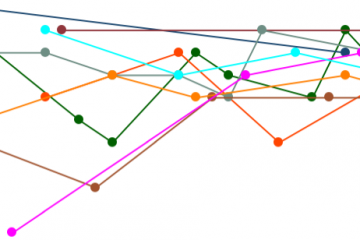
The UK General Election 2017: What’s been happening in the polls?
Since the general election was called Labour have gone up in the GB vote intention polls while the Liberal Democrats and especially UKIP have dropped. The Conservatives have fluctuated but on average remained steady. The following graph shows the overall trends. Looking at those pollsters that have published at least two polls since 18th April, the picture is pretty consistent for Labour, the Liberal Democrats and UKIP. As following three graphs of GB polls by fieldwork end date show, the trends are pretty much the same for nearly all pollsters. The more complicated picture is for the Conservatives. They went up on average at the beginning of the campaign, but, as the graph below shows, this was true for some …
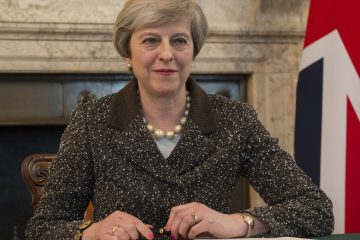
Has the Fixed-term Parliaments Act failed?
On April 19, 2017, parliament voted to endorse the government’s motion to hold a UK general election on 8 June 2017. This was the first time that the provisions of the Fixed-term Parliaments Act (FTPA) were invoked. When the Act was introduced in 2011, the coalition government justified it by arguing that “fixed-term parliaments will have a positive impact on our country’s political system; providing stability, discouraging short-termism, and preventing the manipulation of election dates for political advantage.” Yet, the ease with which Prime Minister Theresa May was able to trigger the early election in light of her 21 point opinion poll lead over Labour over the Easter weekend appeared to cast doubt on its ability to deliver these aims. …
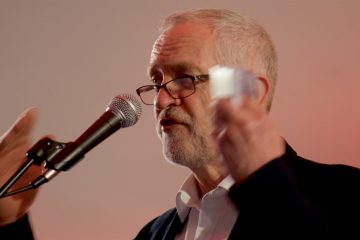
Another Labour Meltdown?
The polls in Scotland just before the last election showed a 21-point lead for SNP over Labour. The SNP went on to take all but one of Labour’s 41 Scottish seats. This week Theresa May called a general election in the wake of polls showing her Conservative party 21 points ahead of Labour. Could Labour now be headed for a Britain wide meltdown of the kind that they suffered in Scotland two years ago? Intriguingly, the distribution of the 2015 Labour share of the vote across the seats they are defending now is very similar to the distribution of their 2010 share of the vote in the Scottish seats that they were defending in 2015. In both sets the vast …
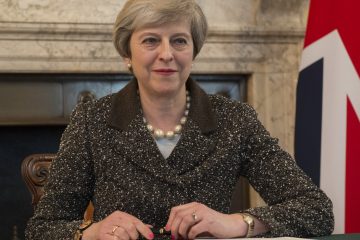
“Strong leadership needed for Brexit negotiations” Will this framing of the early election work for Theresa May?
When Prime Minister Theresa May announced her intention to call a snap election on June 8, she took a political gamble. Two polls over the Easter weekend put the Conservatives 21 points ahead of Labour. Mrs May will be hoping to translate this polling lead into a crushing electoral victory and a personal mandate that will free her from the constraints of working with her current slim majority of just 17. If she succeeds, she would be empowered politically to deal with factions within her own Conservative Party and the opposition. But how are voters likely to respond to this surprise move by the government? Party leaders are currently trying to frame the electorate’s views of it. Mrs May is …









